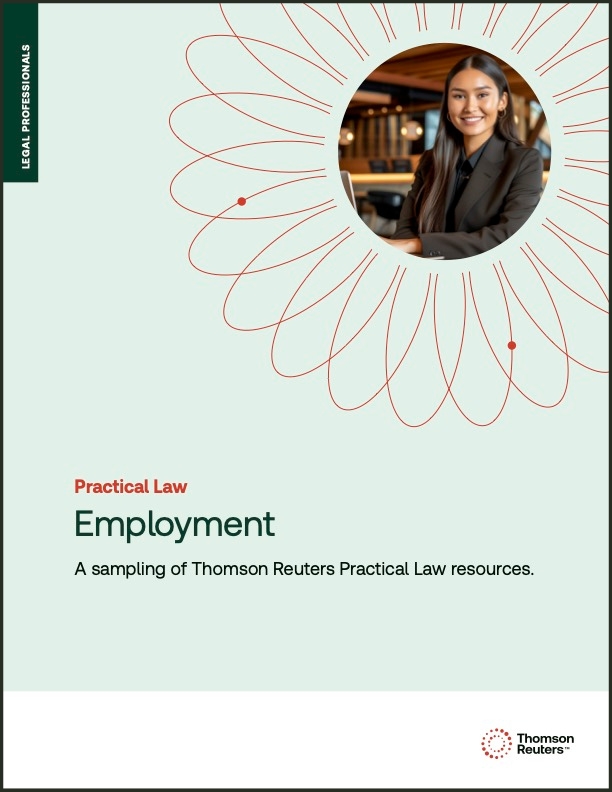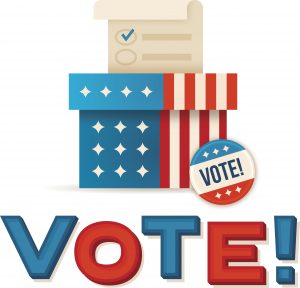(Photo
by
Chip
Somodevilla/Getty
Images)
Hey,
Trump
supporters!
Let’s
apply
common
sense
to
some
things
you’ve
heard
recently.
Unlike
those
silly
politicians
who
just
call
each
other
names,
let’s
think
about
who
asks
you
to
believe
ridiculous
things
—
things
that
insult
your
intelligence.
Donald
Trump
says
that
he
won
the
election
in
2020.
Trump
says,
among
other
things,
that
Dominion
Voting
Systems
rigged
its
machines
to
throw
thousands
of
votes
to
Biden
from
Trump.
That’s
the
only
reason
Trump
lost
the
election;
the
Democrats
cheated.
Trump
wants
you
to
believe
this;
some
of
you
do.
I
spent
my
career
as
a
litigator.
When
you
get
retained
in
a
new
lawsuit,
you
frequently
ask
yourself
a
question:
Does
the
lawsuit
make
sense?
If
a
neutral
person
heard
the
facts,
would
that
neutral
person
naturally
believe
the
plaintiff
or
the
defendant?
Common
sense
can
help
you
think
about
a
case.
Let’s
apply
common
sense
to
Trump’s
allegations
of
cheating
in
the
2020
election.
Supposedly,
voting
machines
switched
thousands
of
votes
from
Biden
to
Trump.
But
in
the
down-ballot
races
—
the
races
for
lower
federal
and
state
offices
that
appeared
on
the
same
ballot
as
Trump
and
Biden
—
Republicans
performed
spectacularly
well
in
2020.
Democrats
did
not
flip
any
of
the
state
legislative
chambers
that
they’d
targeted.
Republicans
gained
seats
in
the House
of
Representatives.
In
some
competitive
districts,
incumbent
Republicans
won
reelection
at
the
same
time
that
Trump
was
losing those
areas.
I’m
assuming
that
you
support
Trump,
and
you
hate
Democrats.
Democrats
are
all
lying,
thieving,
scums
of
the
earth.
But
could
anyone
—
no
matter
how
stupid
—
really
have
rigged
voting
machines
to
change
votes
for
Trump
into
votes
for
Biden
without
simultaneously
rigging
those
machines
to
change
the
results
in
the
down-ballot
races?
As
long
as
Democrats
were
going
to
steal
elections,
why
didn’t
they
steal
a
bunch
of
them?
Trump
has
never
explained
that
to
you
because,
of
course,
he
can’t.
But
he
wants
you
to
believe
it.
If
Trump
thinks
you’ll
believe
that
nonsense,
he
must
really
think
that
you’re
an
idiot,
huh?
It’s
a
good
thing
that
people
other
than
Trump
respect
you.
But
that
was
how
Trump
treats
your
memory
of
the
past.
How
does
he
view
your
intellect
as
it
relates
to
tomorrow’s
election?
Trump
says
that
tens
of
thousands
of
undocumented
workers
are
registering
to
vote
to cast
illegal
ballots
in
tomorrow’s
election,
making
the
election
results
fraudulent
(if,
and
only
if,
Trump
loses).
Let’s
apply
the
common-sense
test
to
this.
Millions
of
American
citizens
who
actually
have
the
right
to
vote
simply
don’t
bother.
Voting
is
a
pain
in
the
neck,
it
takes
time,
no
individual’s
vote
makes
a
difference
anyway,
whatever.
So
lots
of
American
citizens
don’t
vote.
But
tens
of
thousands
of
illegal
aliens
are
supposedly
champing
at
the
bit
to
vote.
I
guess
for
those
folks,
voting
is
not
a
pain
in
the
neck,
it
doesn’t
take
time,
their
votes,
unlike
yours,
really
do
matter.
Remember:
Those
undocumented
workers
are
not
only
itching
to
vote,
when
many
American
citizens
are
not,
but
they’re
itching
to
vote
illegally
at
risk
of
terrible
penalties
if
they’re
caught.
These
undocumented
workers,
who
presumably
traveled
a
fair
distance
to
get
into
this
country,
face
the
risk
of
deportation
or
imprisonment
(or
both)
if
they’re
caught
voting
illegally.
Trump
wants
you
to
believe
that
millions
of
American
citizens
who
could
vote
without
risk
don’t
bother
casting
a
ballot,
but
tens
of
thousands
of
illegal
immigrants
will
insist
on
casting
illegal
ballots
at
risk
of
being
punished
in
a
life-altering
way.
Trump
says
that
crap,
and
he
expects
you
to
believe
it.
He
must
really
think
that
you’re
an
idiot,
huh?
Tomorrow,
don’t
vote
for
the
guy
who
thinks
you’re
deplorable.
Either
vote
for
Kamala
Harris
—
who
shows
you
some
respect
—
or
just
stay
home.
The
whole
system’s
fraudulent
anyway,
and
your
vote
doesn’t
really
count.
Why
bother?
Mark Herrmann
spent
17
years
as
a
partner
at
a
leading
international
law
firm
and
later
oversaw
litigation,
compliance
and
employment
matters
at
a
large
international
company.
He
is
the
author
of
The
Curmudgeon’s
Guide
to
Practicing
Law and Drug
and
Device
Product
Liability
Litigation
Strategy (affiliate
links).
You
can
reach
him
by
email
at [email protected].




 Kathryn
Kathryn













